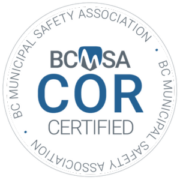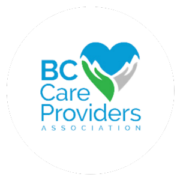Person-Centered Care – What does it mean?
Person centered care is a philosophy of providing care for the elderly that puts the individual at the centre of their own care. In this philosophy the needs of those who care for the elder are considered as central to the care of each individual.
Person centered practice has five primary focuses in order to succeed:
1. Getting to know the resident as a person
This focuses on building a relationship between the caregivers and the resident. A person centered health professional knows and understands a resident beyond their diagnosis, medical needs and personal needs.
2. Sharing of power and responsibility
This focus is on respecting preferences. It includes treating residents and their caregivers as partners when setting goals, planning care and making decisions about care and treatments.
3. Accessibility and flexibility
Here, the focus is on meeting resident’s individual needs by being sensitive to values, preference and expressed needs. This focus gives the resident and their caregivers choice by giving them timely, complete and accurate information in a manner they can understand so they can make choices about their care.
4. Coordination and integration
This is about teamwork. It includes working together to minimize duplication. It involves working seamlessly behind the scenes to maximize the resident’s experiences and to provide them with a positive experience.
5. Environment
The physical, cultural and organizational environment allows staff to function in a person centered manner.







